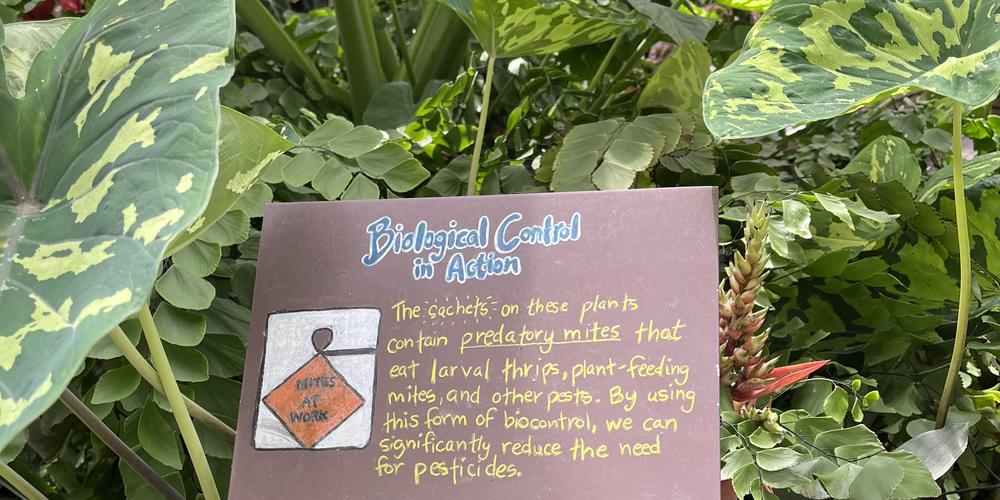
Caption
Signs educating about biological control in action at the Atlanta Botanical Gardens.
Credit: Pamela Kirkland/GPB News
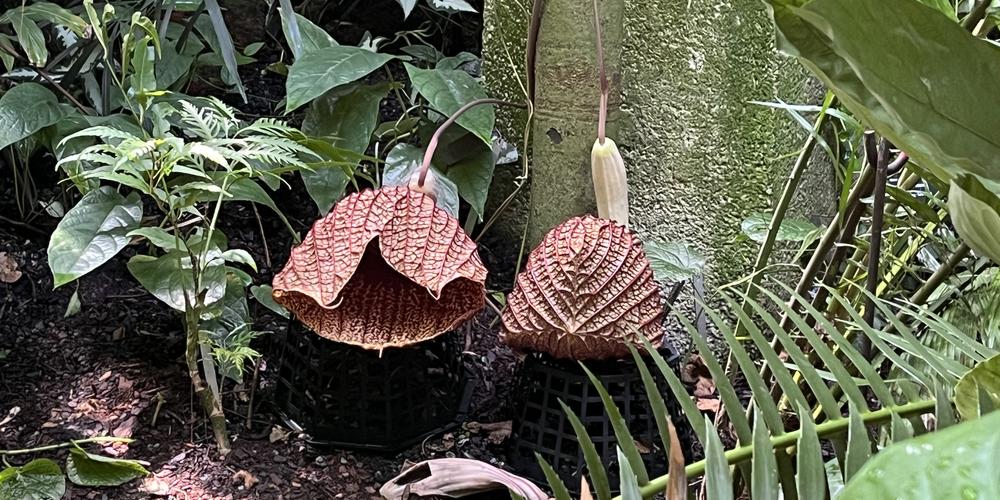
Credit: Pamela Kirkland/GPB News
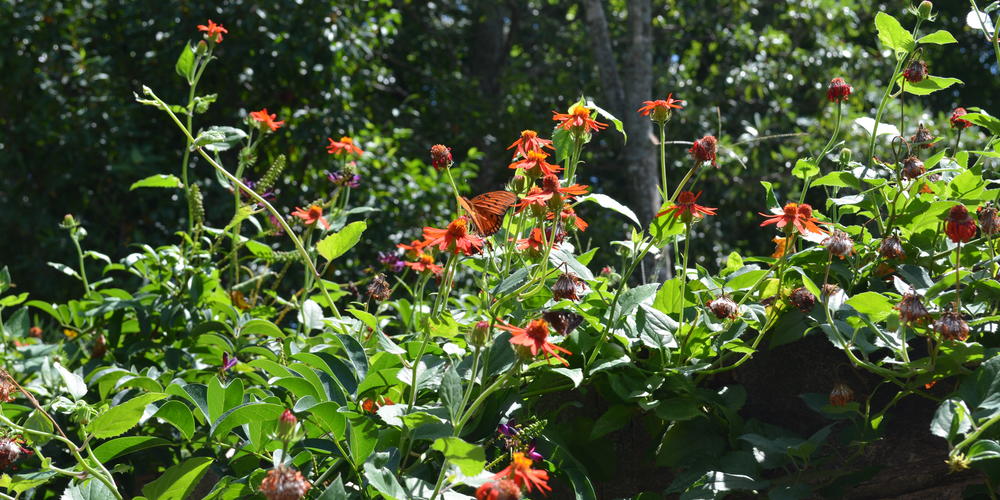
Caption
Flowers at the Atlanta Botanical Gardens.
Credit: Pamela Kirkland/GPB News
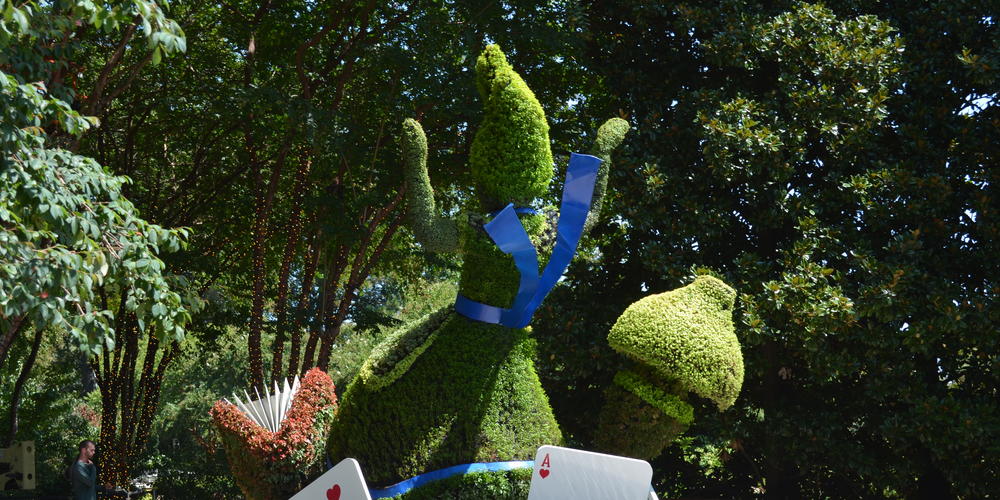
Caption
A shrub sculpture at the Atlanta Botanical Gardens.
Credit: Pamela Kirkland/GPB News
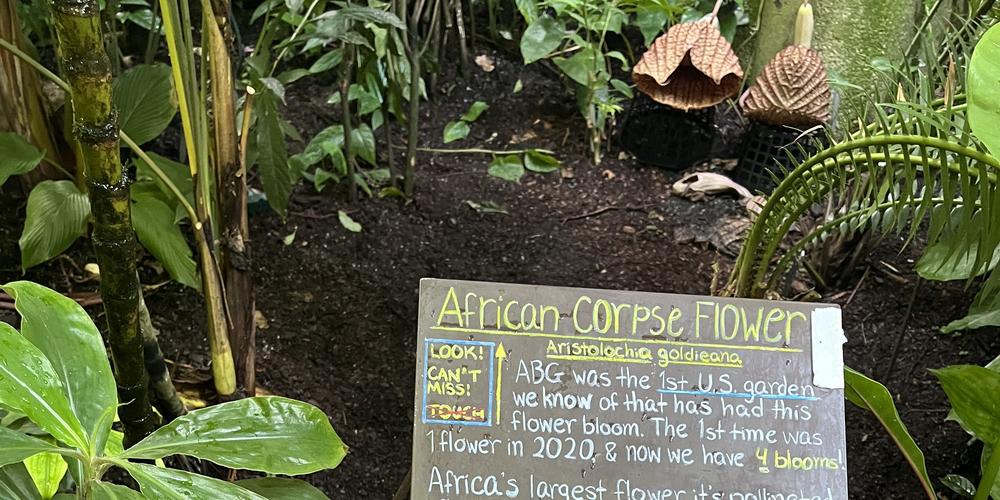
Caption
A sign explaining the African Corpse Flower at the Atlanta Botanical Garden.
Credit: Pamela Kirkland/GPB News
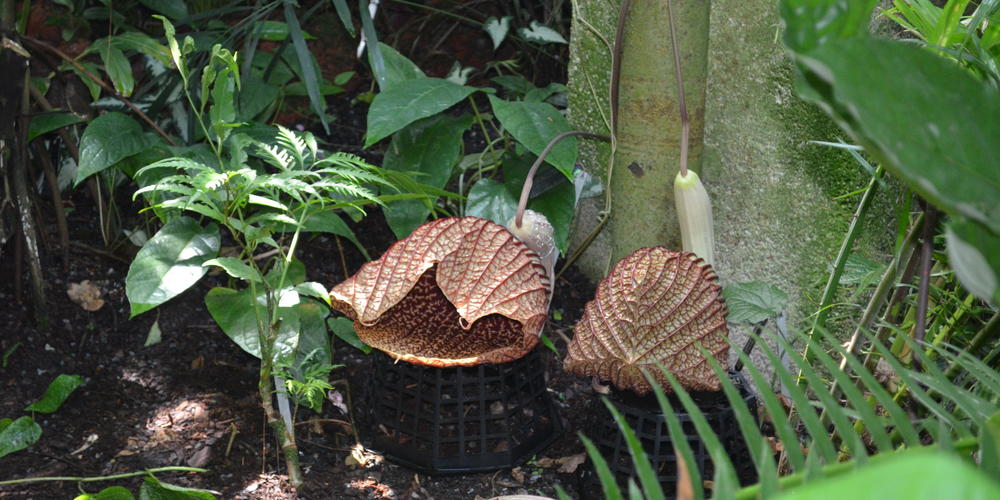
Credit: Pamela Kirkland/GPB News
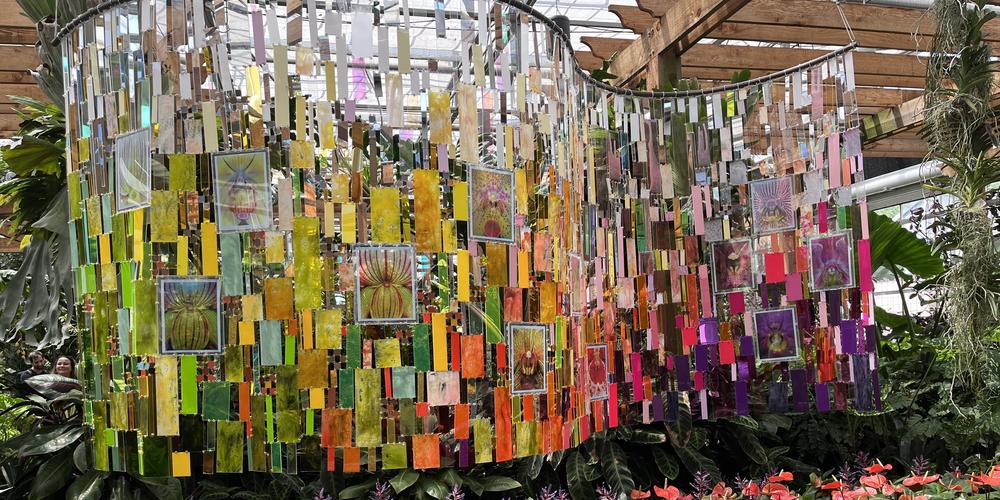
Caption
An art scene at the Atlanta Botanical Garden.
Credit: Pamela Kirkland/GPB News
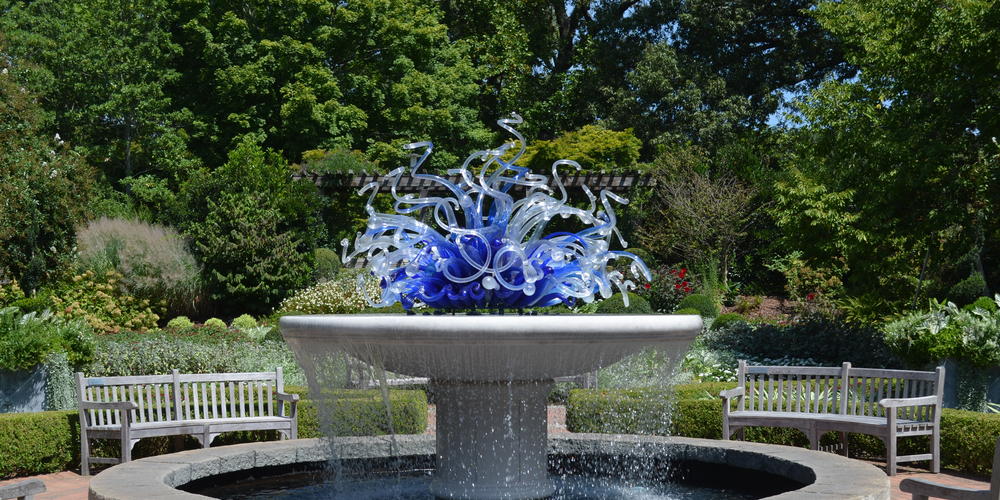
Caption
A fountain at the Atlanta Botanical Garden.
Credit: Pamela Kirkland/GPB News
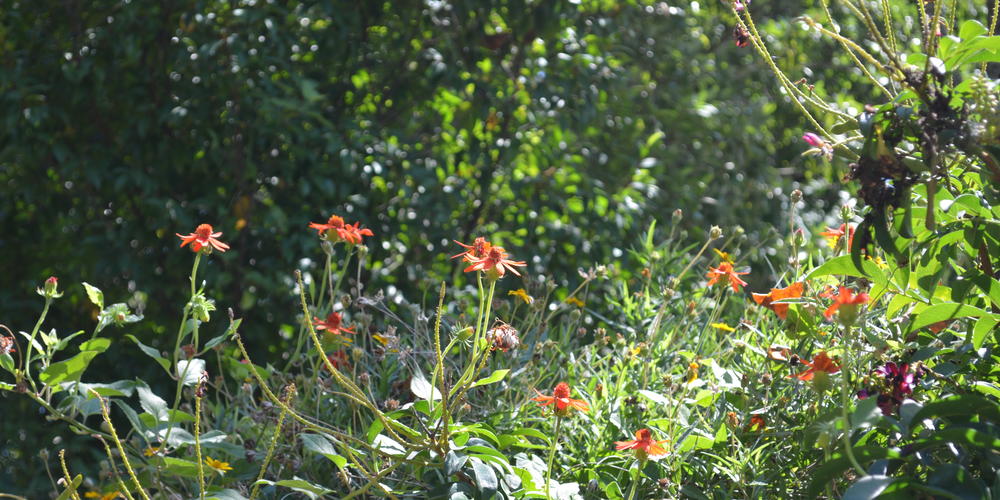
Caption
Flowers at the Atlanta Botanical Garden.
Credit: Pamela Kirkland/GPB News
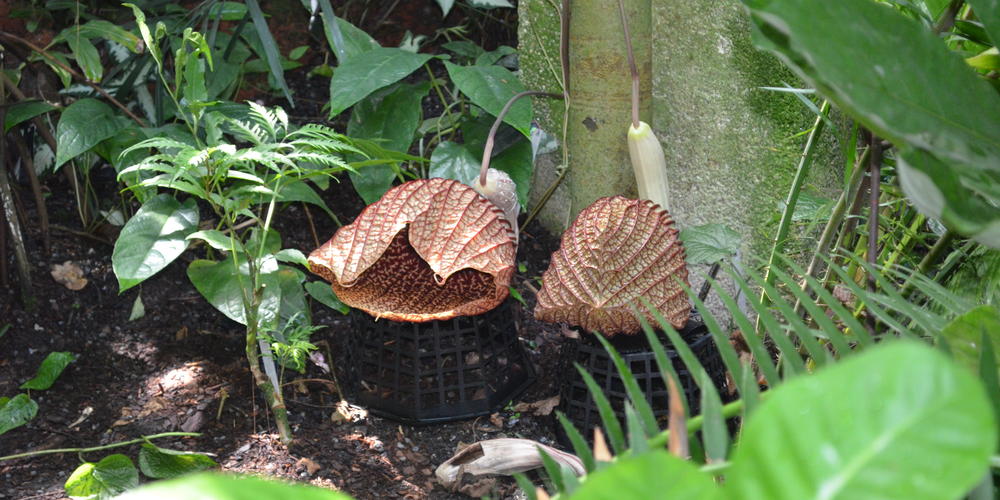
Caption
The corpse flower is pictured here at the Atlanta Botanical Gardens.
Credit: Pamela Kirkland/GPB News












